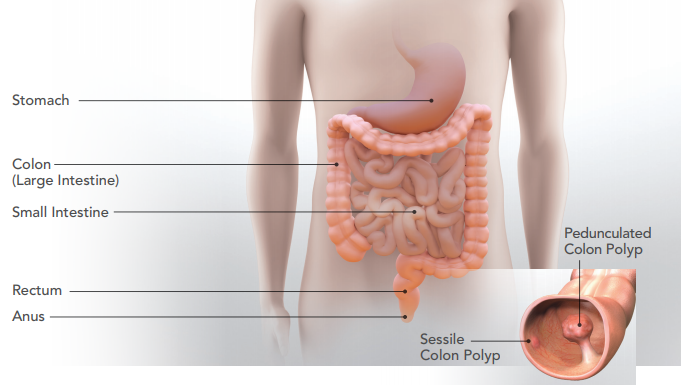Ensuring Safe Play: The Importance of Preparticipation Sports Physicals

Organized sports have held a special spot in my heart from a young girl playing three sports, through my years playing college basketball. This lifelong love of athletics built my special interest in helping young athletes safely prepare for play. With over half of the child/adolescent population in the United States participating in organized sports, pre-participation physical evaluations (sports physicals) are essential in the safety and proper clearance of this population. In addition to sports-related clearance, a sports physical is a wonderful way to update the child’s preventative care all in one office visit.
At Gagon Family Medicine, we strive to provide the best care and safety for all athletes and encourage all young athletes to receive a preparticipation physical evaluation (sports physical) to determine medical eligibility for sports. We follow the recommendations for sports physicals created by a diverse task force including the American Academy of Family Physicians, American Academy of Pediatrics, American Medical Society for Sports Medicine, American Orthopedic Society for Sports Medicine, and American Osteopathic Academy of Sports Medicine.
Key recommendations include:
- Determine general physical and psychological health.
- Evaluate for life-threatening or disabling conditions, including risk of sudden cardiac arrest.
- Structured physical examination focusing on cardiovascular, musculoskeletal, and neurologic systems.
- Screening for depression, anxiety, and attention-deficit/hyperactivity disorders.
- Exams should take place in a medical office rather than a group setting.
The first part of the sports physical involves the parent and child filling out a medical history form that encompasses general physical/mental health questions, immunizations, social history, heart, and bone/joint health. This ensures that the health care provider understands all medical history for all body systems and can review any previous injuries (such as bone/joint injuries, concussions).
Concussion screening is essential in the clearance of an athlete thus we screen all athletes with a Standard Assessment of Concussion form. This form helps provide a baseline screening score so that if a concussion does occur, we can repeat this test to better understand the degree of concussion and develop the proper treatment plan.
Once the history form and concussion screening are both completed the medical provider will review all history, screenings, and vitals with parent/athlete. The physical exam portion of a sports physical includes the following: appearance, eyes/ears/nose/throat, lymph nodes, heart, lungs, abdomen, skin, neurological and musculoskeletal systems.
Because we find this part of an athlete’s care so important, we donate $25 per sports physical back to the sports team of your choice.
Schedule your child’s preparticipation sports exam today!





